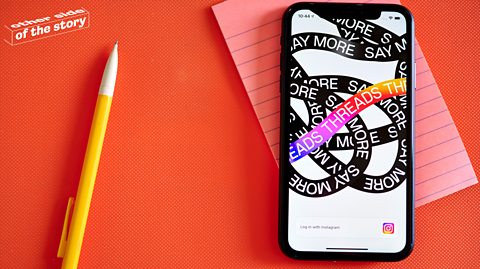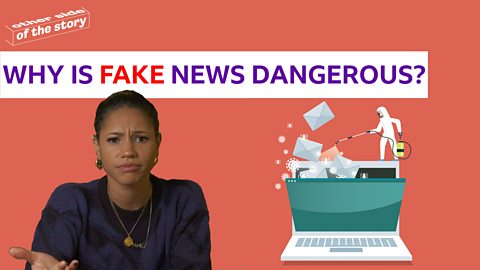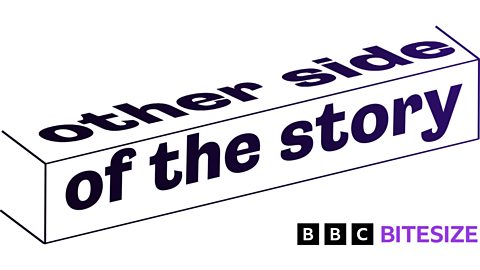With the rise of social media, more and more people are now able to create and consume news content. This means more diverse voices sharing their thoughts on the latest stories and issues. However, it has also led some people to accuse reporters, presenters, and creators, of being biased towards or against certain subjects.
But what does it mean? And how does it affect the way we understand news and interpret stories, and how they're reported by news sites and accounts?
What does bias mean?
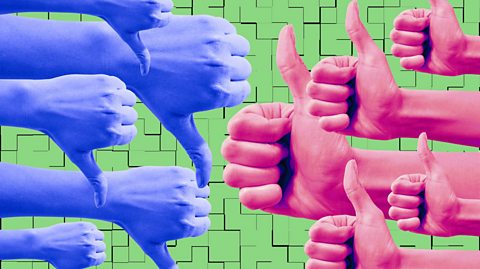
Bias is having an unfair view of a person or a group, either by being skewed positively or negatively toward it. Being biased can impact our decisions and reactions, because having strong views might make us overlook facts and other people's viewpoints, which can often provide a different angle to a story.
For example, if you support a football club, you might be biased towards that team as you could believe they’re the best in the world – even if they’re at the bottom of the league!
What is confirmation bias?
One type of bias that affects our view of the stories and news we come across is confirmation bias. This is when we favour ideas or beliefs that we already have rather than challenging them.
For example, you’re more likely to agree with something that presents your favourite football team or singer in a positive light. This could mean you overlook or dismiss other teams or artists. In a more extreme case, it may mean that you disregard proven controversies or concerns about them, that paint a less favourable picture.
You can find out about the different types of confirmation bias here – watch the video and read the article to learn more.
What is unconscious bias?
Another type of bias, unconscious bias, is much more subtle.
It’s a theory that refers to the judgements and opinions we might form about someone or something without being aware. Our perspective can be influenced by things like social class, education, life experience and identity. These factors shape how we see and understand the world around us.
Unconscious bias could lead us to treat people who are different to us unfairly without realising, affecting things such as the friends we make, or people who we consider of value to us.
The important thing to remember is that everyone has unconscious biases. Just try to be aware of when they might be influencing your decisions.
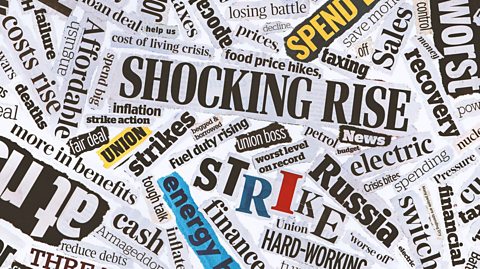
How can the news be biased?
So how does this all affect the news we see on social media, or in more traditional media like TV and newspapers?
Journalists, like us, have their own perspectives and view stories in different ways. Sometimes this bias can be reflected in the way they report on the big issues of the day.
In some cases, news organisations may sway towards beliefs or ideas that they express in their stories. This can be identified when they only present one side of a story, and don’t provide other viewpoints.
As consumers of news, it is important to be aware of such biases and think critically about the information we receive. By doing so, we can seek out diverse perspectives and make more informed decisions about what we’re presented with.

